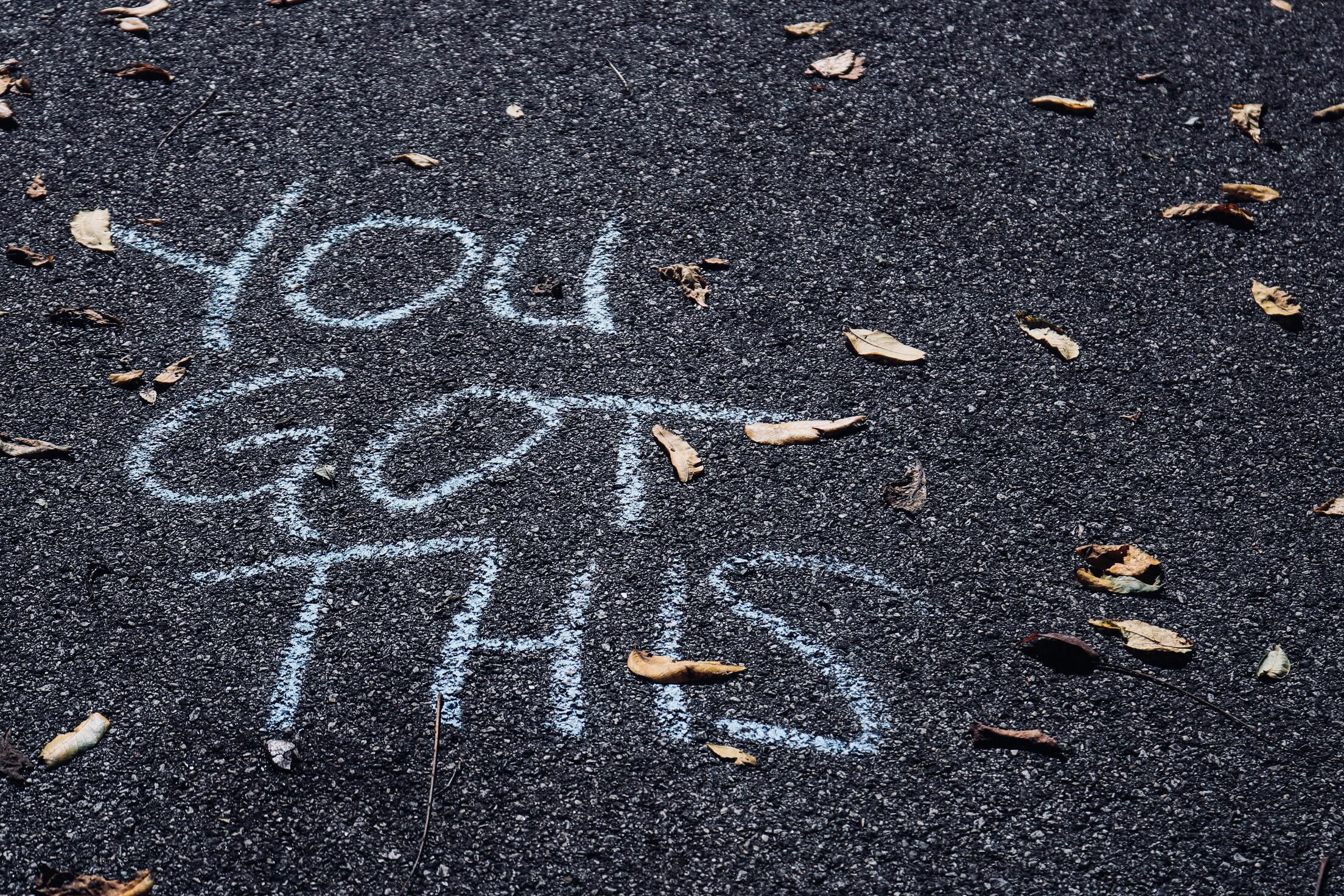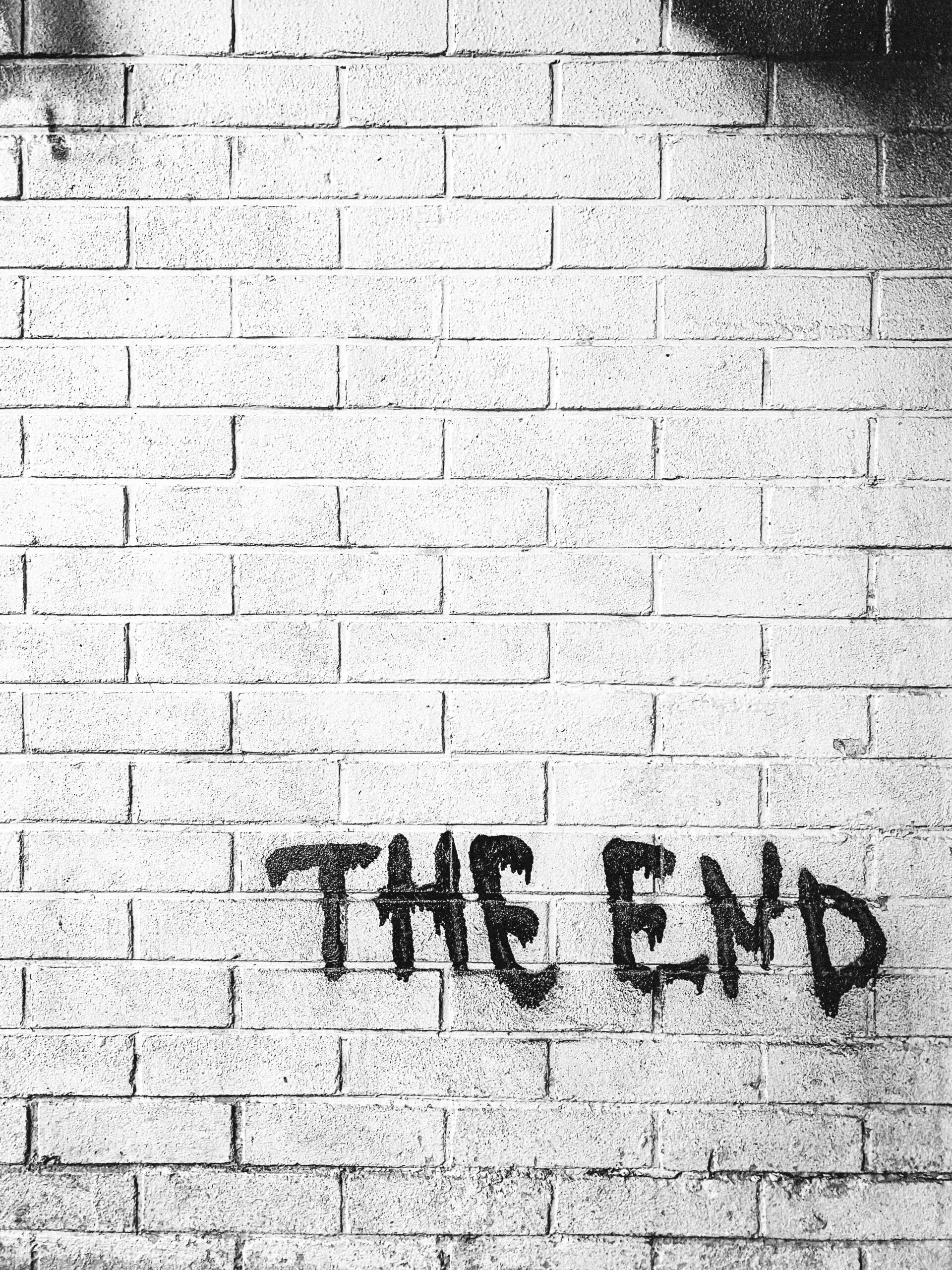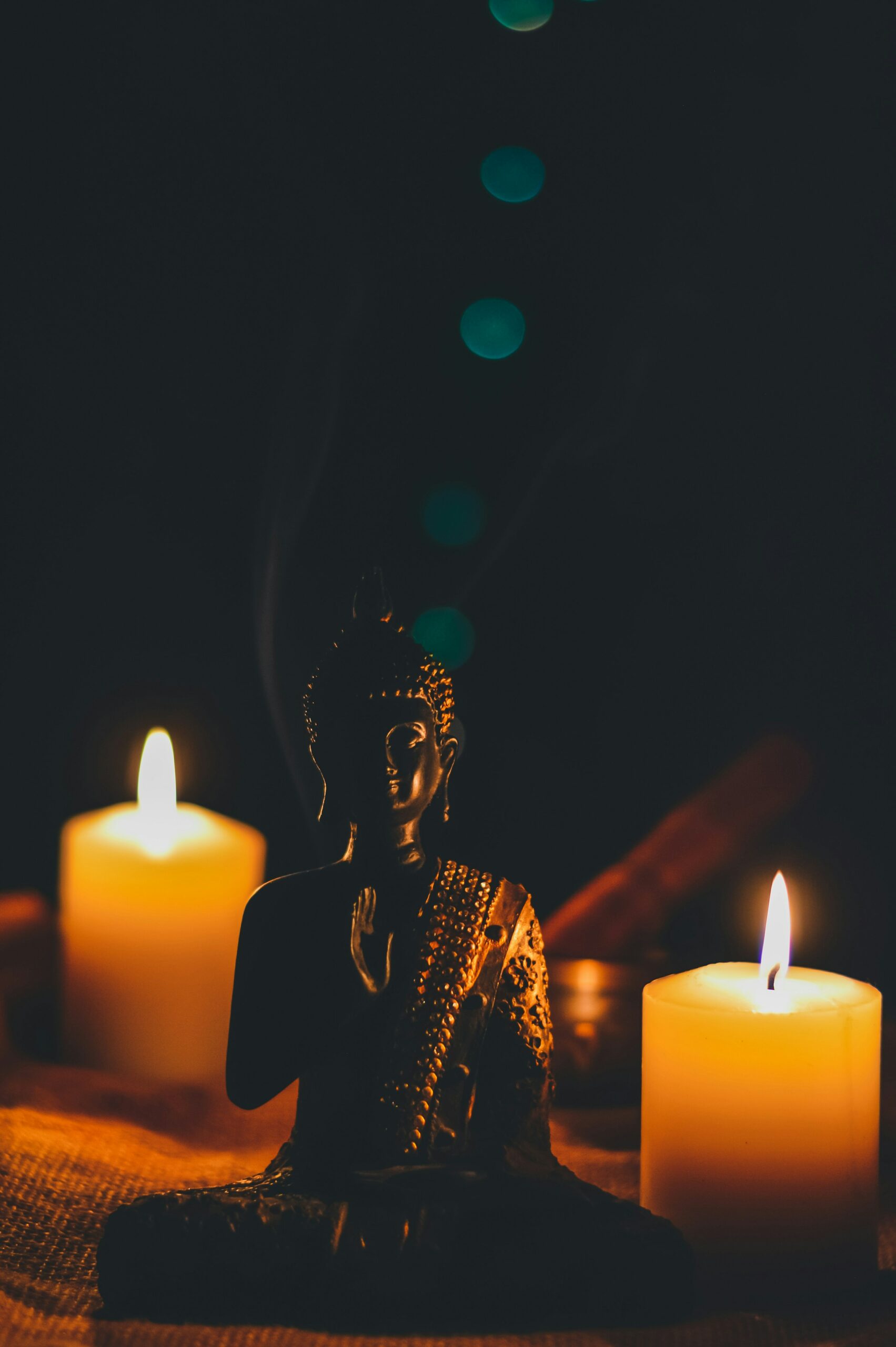A little more than a year ago, I wrote a post about my almost total lack of confidence. At the end of that piece, I talked about different things that I’ve tried to do to gain confidence, “I’ve tried affirmations and journaling and meditating and therapy and faking confidence. None of it seems to work.” A year later, nothing has really changed even though I’ve kept trying.
A recent article in Psyche, “Teaching self-confidence can backfire and perpetuate inequality“, might help explain why. The article was written by Eddie Brummelman and Kelly Ziemer. They mostly talk about self-confidence as it manifests, or fails to manifest, in marginalized communities. Now, I’m not part of any marginalized communities. I’m a cishet, white male. I have a home, a car, and plenty to eat. I’m even a little taller than average and, if other people are to be trusted, fairly good looking. I’m about as privileged, although I hate that word, as a person can get. But the article really resonated with me anyway.
The reason it resonated with me is that Brummelman and Ziemer place self-confidence in the environment. That probably sounds weird given that the world “self” is part of self-confidence, but they have research to back it up. The authors have found that, in children, inflated praise makes children with low self-esteem more cautious than they were before the praise as compared to children who got moderate or no praise. They also found that in adults who practice positive self-talk, “I’m good enough, I’m smart enough, and, doggonit, people like me,” it just highlights the discrepancy between what is being said and how the person feels.
They go on to say that it’s even more insidious. By encouraging the pull-yourself-up-by-your-bootstraps type of confidence building, it gives the impression that the person with low self-confidence is actually the one responsible for the lack of confidence. That hurts confidence even more. Telling someone to just be more confident backfires because it doesn’t even acknowledge the systemic issues, like sexism, racism, and homophobia, that lead to low self-confidence in the first place.
Once again, I know I’m not part of a marginalized group. Sexism, racism, and homophobia are not the reasons for my low self-confidence. I don’t know what destroyed my self-confidence. I can speculate, I have some ideas, but I’m not going to get into those here. The thing that Brummelman and Ziemer showed me is that I’m going about fixing my confidence problem all wrong. Affirmations, journaling, and fake-it-till-you-make-it can’t work. I need to change my environment if I want to get my confidence back.
The authors know that’s not an easy thing to do. And it’s another place where my privilege shows. I don’t have to dismantle any persistent societal level issues to change my environment. I just need to get a real, permanent job. I just need to surround myself with people who are supportive without overinflating that support. Easy peasy.
Clearly, environment can’t be the whole story when it comes to self-confidence. Otherwise, everyone in a particular environment would have the same level of self-confidence, and that’s just not the case. But years of trying the old-fashioned way haven’t yielded any results. Maybe focusing on my environment will give me a fighting chance.










